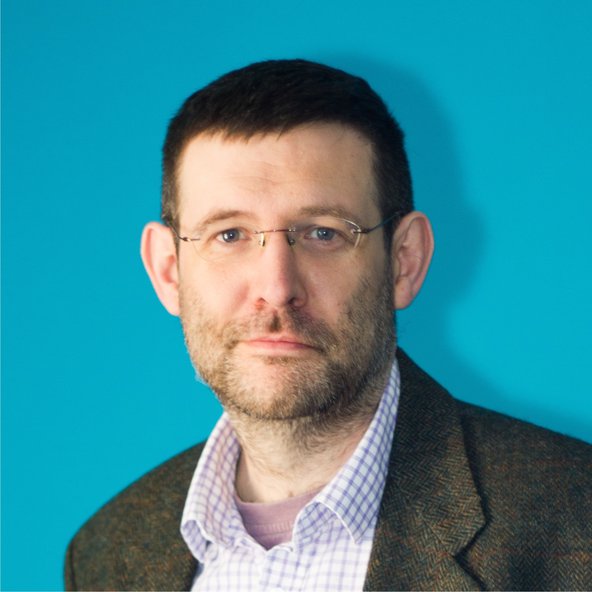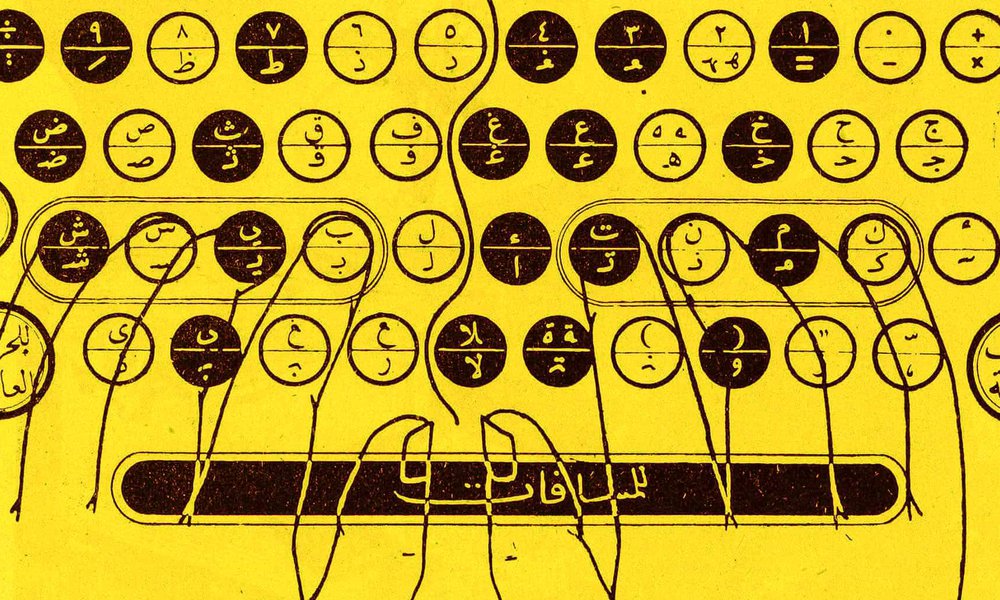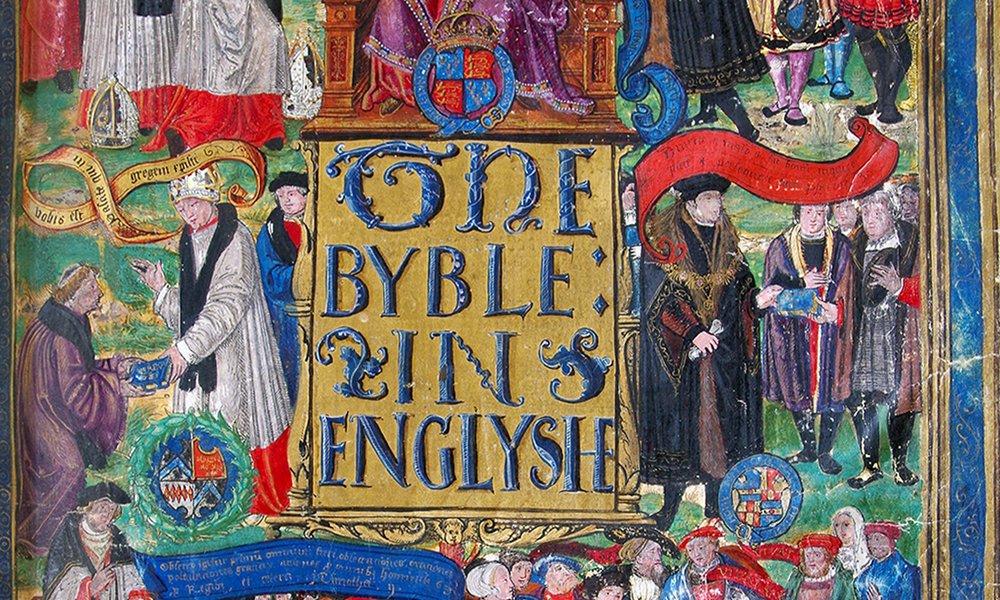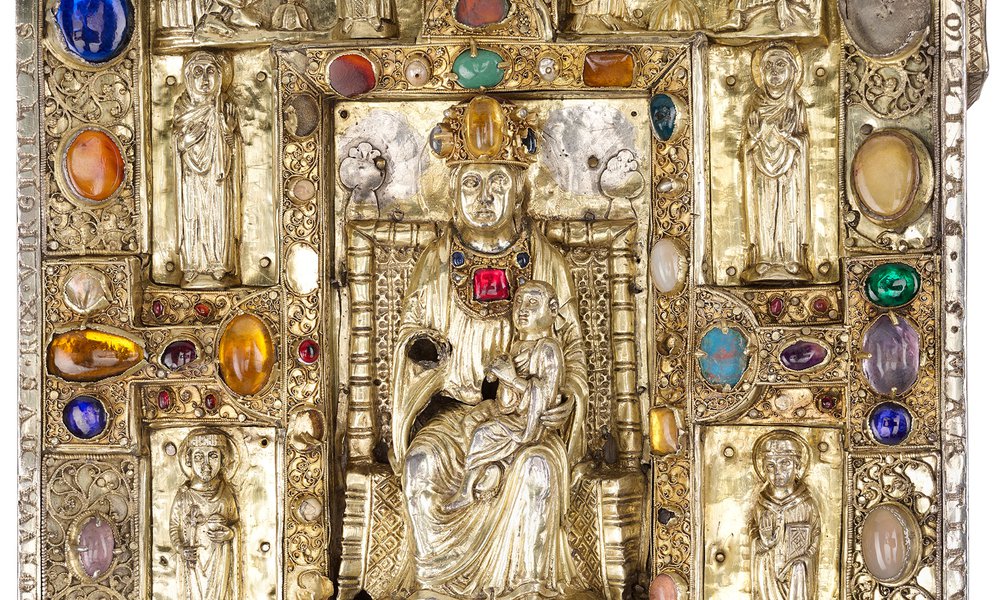Dr Jonathan Doney: compulsory religious education
by Dr Jonathan Doney
7 Jul 2017

My subject:
Education (history of education policy)
About me:
My name is Jonathan Doney and I am a British Academy Postdoctoral Fellow at the University of Exeter, tweeting @Jonathan.Doney
What is my research project?
Working under the title 'English Religious Education: A story of Indoctrination, Instrumentalization, and Ideology', I am exploring the introduction of compulsory RE in the English school curriculum following the 1944 Education Act, and its continued presence in subsequent legislation, including the 1988 Education Reform Act and the introduction of the National Curriculum. Through a novel method of policy analysis (Statement Archaeology), the study investigates key developments, problematizing existing characterizations of the subject’s history, examines motivations behind policy choices, and ultimately, seeks to contribute to current debates on the topic.
In a globalized and plural world, the inclusion of Religious Education (RE) in schools has been, and remains, a contested and perplexed issue. There is a tension, seen both nationally and internationally, between the confining of religion to the private sphere, rooted in growing secularism, and the inclusion of religion in the school system. Some countries, such as the US and France, have resolved this by prohibiting RE from the state-funded school curriculum altogether.
However, the continued inclusion of RE in the English curriculum remains a contested issue. Whilst some contend that the nature and purpose of RE needs to change, others argue that RE should not be included in schools at all. Such a view is sometimes justified by an appeal to history; the introduction of RE in the 1940s as a response to the totalitarian regimes then seen across Europe and Russia is no longer valid. Whilst it is true that the totalitarian regimes of the late 1930s and early 1940s are much less of an immediate threat to our society, there is - and has been - a renewed emphasis in Government policy on using RE to develop inter-religious understanding. This is perhaps most obvious in the development of the ‘British Values’ agenda over the past few years, which aims to combat religious fundamentalism and extremism, especially in the context of issues such as the development of so-called Islamic State (IS) and events such as the recent terrorist atrocities across Europe.
Whilst debates about the place of RE in the curriculum are on-going, very little attention is paid to the historical context; specifically, the motivations behind the introduction of compulsory RE under the 1944 Education Act, and its continued presence in the English school curriculum, are overlooked. Consequently, contemporary debates are divorced from their historical context. My research seeks to address this.
How my British Academy Award helped me:
I have an eclectic research background. I spent a decade working for the Civil Service as a researcher in agriculture, specializing in the interface between farming and wildlife management, the environmental emissions from cow slurry, and deer census techniques. I then spent eight years working in theology and philosophy, where I focused on ecumenical theology and relationships between different church groupings. More recently, I have been working in Educational research, completing my PhD in education in October 2015. I then spent a year working on a variety of research projects, including the development of a group thinking measure for maths educators, and three separate evaluation projects considering an intervention to build character and resilience in secondary school pupils; a cross-cultural video conference programme designed to reduce extremism; and a proof-of-concept evaluation of the use of virtual reality environments in critical safety training for airline cabin crew. Whilst a diverse, and very interesting, career path, a key strand that brings all these projects together is methodological innovation; the path I have taken enables me to bring insights from the varied disciplines and apply them to new ways of approaching questions.
Methodological innovation is central to my current research; my Postdoctoral Fellowship gives me the opportunity to consolidate work on the method of policy interrogation (Statement Archaeology) that I developed during my doctoral work, allowing the opportunity to test it and hone it in a wider context than was possible within that study. The award enables me to undertake the necessary detailed, forensic, archive work associated with the method. Further, the Fellowship opens up significant networking potential, both nationally and internationally, allowing me to connect with scholars across disciplinary boundaries through conferences and other visits.


